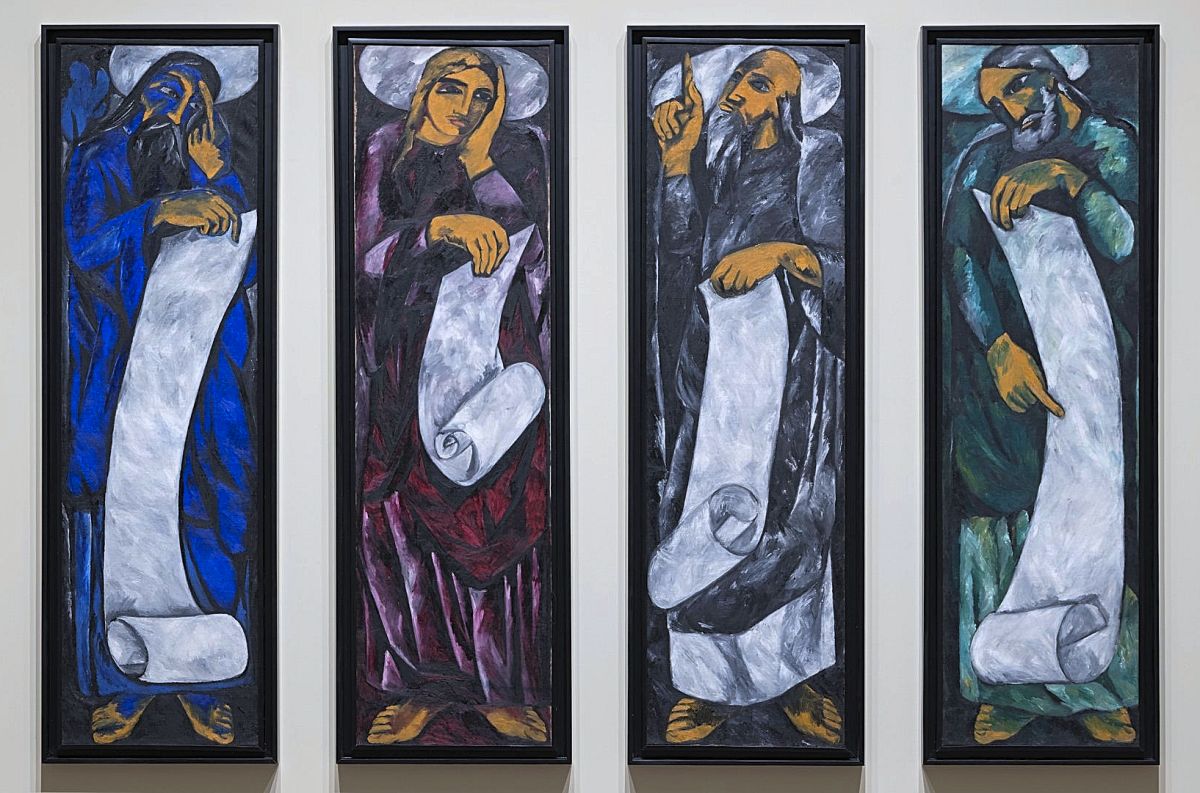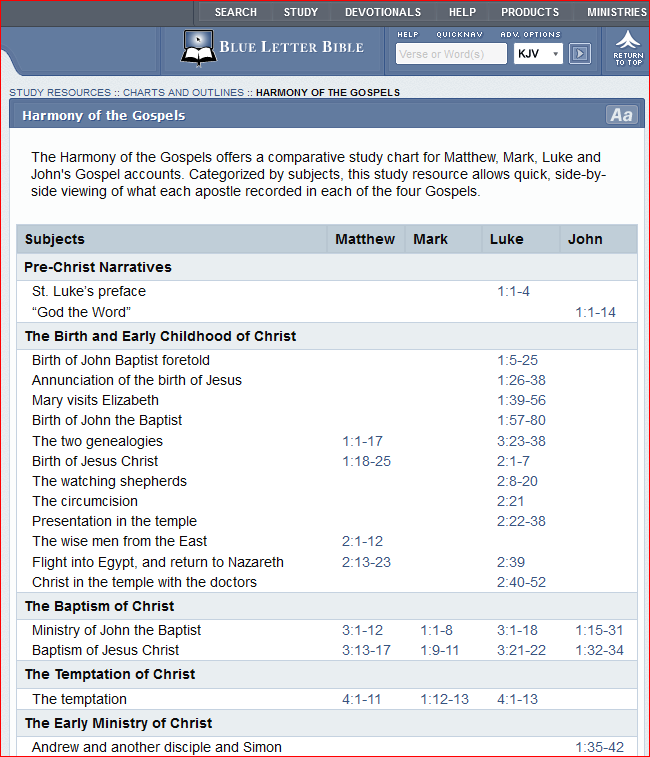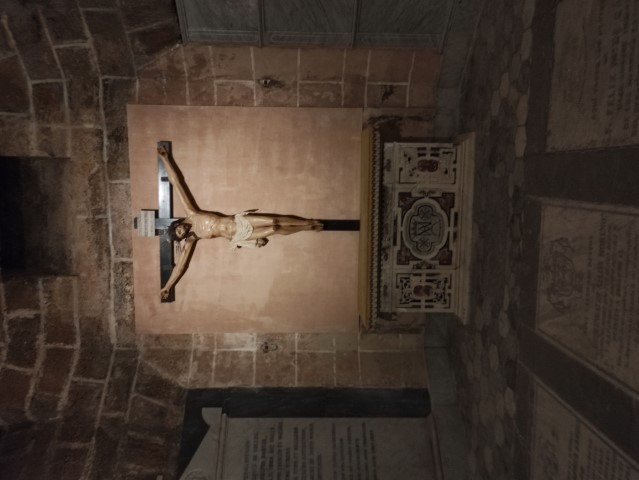40: The Life of Jesus - A Review of the Series
Notes for 31 Dec
Summing UP!
Note: wherever you see red text there is a point to ponder.
PART 1
The Life of Jesus has been an enigma for centuries.
Was he a good philosopher and teacher with lofty principles that inspire the best in humanity? Or was he what he claimed to be: the Son of God, who came to save the world from the power of Sin and Death?
If the first is true, then the highest claim that can be made by Christians is that they have a good morally based religion. What then?
If the second is true, then Christianity is witness to a God who cares, who loves and humbles himself to our human level, to deliver mankind from the current chaos and lead them into a stable tomorrow!
PART 2
Knowing the evidence is a significant part of any investigation. It would be appropriate for us to look again at the evidence of the NT documents themselves.
HISTORY BEHING THE NEW TESTAMENT
What value would be places on original signed and certified editions of New Testament books if they existed?
To assert that Bible is verbally inspired, it would be necessary to have the above to be a reality.
Even then, it would only apply to the original language in which they were written.
Even then it could only be understood in the context of what the original hearers would have understood it to be saying, unless the information was only to be understood, later in time. The prophetic dimension opens that possibility, and is a principal asserted in the scriptures themselves.
The current reality:
- There are over 5000 Greek Manuscripts of the NT
- There are over 10,000 Latin and other major language translations. Most of the earliest documents written in the traditional papyrus scrolls have been found in Egypt. It appears that at a very early-stage Christians adopted the CODEX (book like) format because they were easier to distribute, and the evidence suggest that they produced a more user-friendly Codex format to improve that.
The books of Classical Antiquity do not have as good a provenance as the OT and NT, with most of those only dating back to the Medieval Period.
The reverence for the Jewish & Christian writings seems to have ensured a greater level of preservation, even though both communities were subject to intense persecution. But the current collection of manuscripts is unfortunately related to the ebbs and flows and misfortunes of history.
The current reality is that we have copies, of copies of copies....... Over a period of 1500, years till the invention of the printing press. Scholars have found evidence to suggest that some copyists worked alone, and that others copied in groups while someone read the text.
What sort of errors can you imagine crept into the manuscripts during that time?
What sort of errors have you found in modern, proofread, and digitized versions of books which have undergone multiple corrections before printing?
How often do you have to scrutinize your own documents before finalizing them? Much more difficult when you are handwriting something.
Some early Christians rewrote scripture to fit their own ideas. One noticeable example of this was Marcion in 2nd Century who rejected the OT and the God of the OT and doctored some of the NT to support his teachings. There were others issue as well, that led the church to start developing lists of approved scriptures, and the evidence suggests that this was substantially in place by the end of the 2nd century.
Leading scholars believe that significant amounts of our current NT are recorded within the writings of the Church Fathers, providing additional integrity to the authenticity of the books.
TEXTUAL CRITICISM
The above name is used to describe the research done around the integrity of the biblical text. It sounds somewhat negative and destructive. As with all areas of scholarship, it comes with human inbuilt biases. What's new?
Overall, the research is done from multiple directions to rediscover the earliest and most reliable text available. It's an almost an impossible task.
Over the last 200 years multiple new manuscripts have been found with increasingly older dates. We have even increased our knowledge of the original languages. Until the 1950's we did not know that NT Greek was KOINE GREEK: a common form of Greek used in the middle east at the time of Christ. Thousands of clay tablets found in Egypt unlocked that mystery and gave scholars clearer understanding of some of the Greek words used in the NT.
The new manuscript records have large volumes of ALTERNATIVE TEXTUAL READINGS. Those who want to attack the integrity of the bible use this fact to assert that it is wholly unreliable .
The consensus of most scholars is that the variations are limited in scope and do not undermine the main teaching of the Christian Faith. The documents suggest that well over 90% of the text has remained stable throughout the 2000 years of their existence. Allowing for simple copying errors many scholars believe that up to 98% of the text is wholly reliable.
Most of us use ENGLISH TRANSLATIONS. Most translations are done by teams of scholars, but occasionally by single scholars. Many of the newer translations have inserted notes about discoveries made by textual criticism.
Criticism implies careful, analytical, purposeful examination. With wholesome intentions it will be productive. Unfortunately, it can also be destructive.
The latest attempt to understand the impact of variant texts is interesting. In Muenster, Germany they have computerised text of EVERY ALTERNATIVE TEXT in ALL MANUSCRIPTS. They have developed algorithms that analyse the variants to detect the most reliable text. Currently they have only worked on the Pastoral Epistles, and believe it will be 2030 before they can complete the whole NT.
To be honest, we will NEVER have a copy of the bible that we can treat as if it had been dropped down from heaven.
PART 3
This is the point where we must apply our own decision-making processes!
Has our study of the Gospels and Life of Christ clarified YOUR PERSONAL convictions as to who Jesus really was? This takes us back to Part 1 (1 and 2).
If we reduce Christianity to a MORAL GOSPEL... what is the point?
If the bible is the story of GOD working amid humanity, if Jesus is who he claimed to be, then we ourselves are part of the story .
My own personal summary of our study centres around the following words:
- BELIEF
- RELATIONSHIP
- LOVE
- SERVICE
- SACRIFICE
- SALVATION (Crucifixion, Resurrection, Ascension...)
Do you have any words to add to the list?
What other teachings from Jesus really gripped you?
What have you discovered about the following:
- How we ought to relate to others in our own faith community?
- How we ought to relate to other Christians?
- How we ought to relate to other Faith Groups?
- How we ought to relate to people who declare they have no religion?
THE SAFEST METHOD
Human Nature being what it is, we do well to base our thinking on a broad understanding of the Scriptures. Jesus and Paul, both tell us that we need the HOLY SPIRIT to guide us. Dogma can be dangerous in society: Spiritually, Socially and Politically.
If we have learned anything in the last year of studying the Gospels and the life of Christ, surely it must have taught us in all situations to ask a simple but profound question:
What would JESUS DO?
Resources
- PDF of these notes
- Audio recording of class discussion (password protected)


